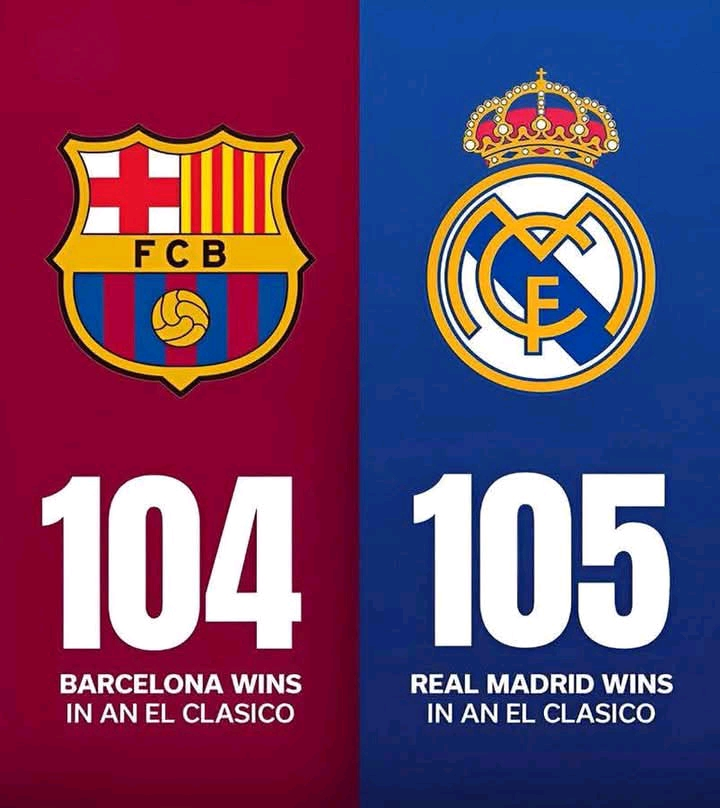Real Madrid and Barcelona are set to clash at the Santiago Bernabéu in the first El Clásico of the season, and for Hansi Flick, this might be the defining test of his Barcelona project.
Since taking over in the summer, Flick has transformed Barcelona into one of Europe’s most entertaining sides. They have scored 207 goals in 72 games, more than any other team in the top five leagues, and their attacking fluidity has been breathtaking. But for all their brilliance, there is a dangerous imbalance beneath the surface.
Barcelona have allowed 24 big chances in La Liga this season, one of the worst tallies among Europe’s elite teams. Their aggressive pressing and ultra-high defensive line have created as many problems as they have solved. Flick’s football thrives on chaos, but sometimes, the chaos bites back.
It is a calculated gamble. Flick knows that if Barcelona drop their line, they lose their identity. He is betting that his players will outscore their mistakes. Whether that is sustainable, especially against Real Madrid, will be clear soon enough.
Barcelona’s Missing Links
The team’s rhythm has been disrupted by injuries. Raphinha, one of Flick’s key wide men, has been out for four games. “I miss him a lot,” Flick admitted this week. Lamine Yamal has only just returned, while Gavi remains sidelined until next year.
Barcelona’s best attacking trio from last season, Yamal, Raphinha, and Robert Lewandowski, have shared just 22 minutes together this campaign. Without their usual chemistry, the pressing and positioning have looked off, with the team’s high turnovers dropping from 10.1 per match last year to 8.1.
Marcus Rashford, brought in as a flexible forward option, has struggled to fully adapt. Flick has praised his versatility, but the Englishman’s impact has been inconsistent. Meanwhile, goalkeeper Joan García’s absence has also hurt Barcelona’s buildup play and defensive confidence.
Cracks in the System
Sevilla exposed Barcelona’s vulnerabilities earlier this month with a 4–1 win. Their coach, Matías Almeyda, summed it up: “If you sit back, you lose. You have to attack them.” PSG followed a similar approach, pressing high and forcing mistakes.
In those games, Barcelona could not string together their usual long passing sequences, and once their structure broke, it collapsed completely. Without Raphinha, the team lacked the outlet ball to relieve pressure.
His return could be the difference in this Clásico. He was instrumental last season, scoring five goals and providing two assists in four matches against Madrid.
The Alonso Challenge
Real Madrid, now under Xabi Alonso, look sharper and more organized. Last season, Barcelona dominated them, winning all four meetings and outscoring them 15–7. But this Madrid side presses smarter and defends as a unit. Alonso has refined their structure, ensuring stars like Jude Bellingham and Vinícius Júnior contribute defensively without losing their attacking spark.
Madrid will not sit deep, but they also will not take wild risks. Alonso knows El Clásico demands conviction, and any hesitation will be punished.
For Flick, the equation is simple: stick with the chaos and trust in his system, or make adjustments and risk dulling Barcelona’s identity.
Either way, the Bernabéu will reveal whether his Barcelona are built for the big moments or just built to entertain.
Should we send you latest update about your favourite sports and team?
Enter you email in the box below and hit the subscribe button to join our teaming 876+ sports community.
